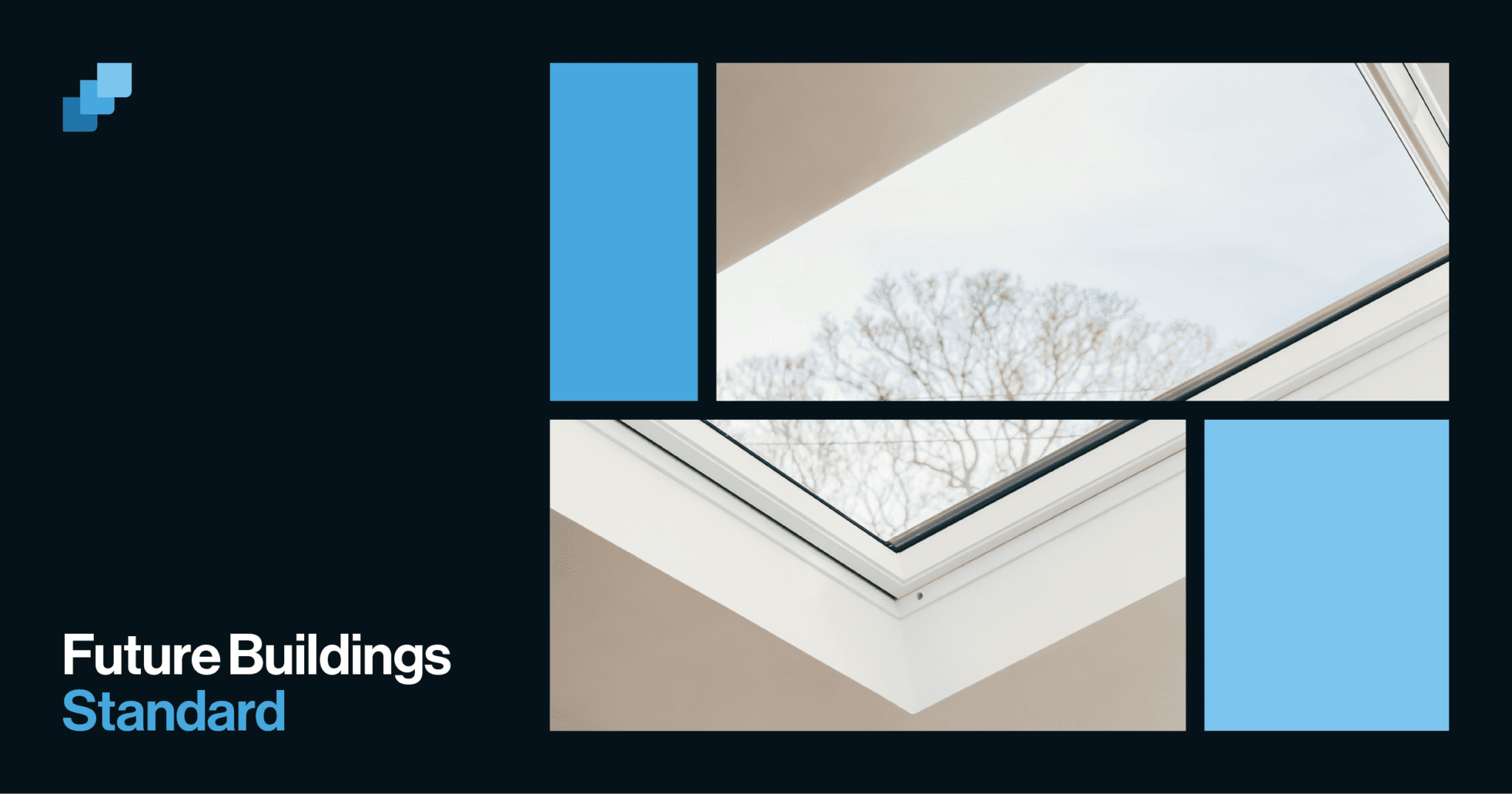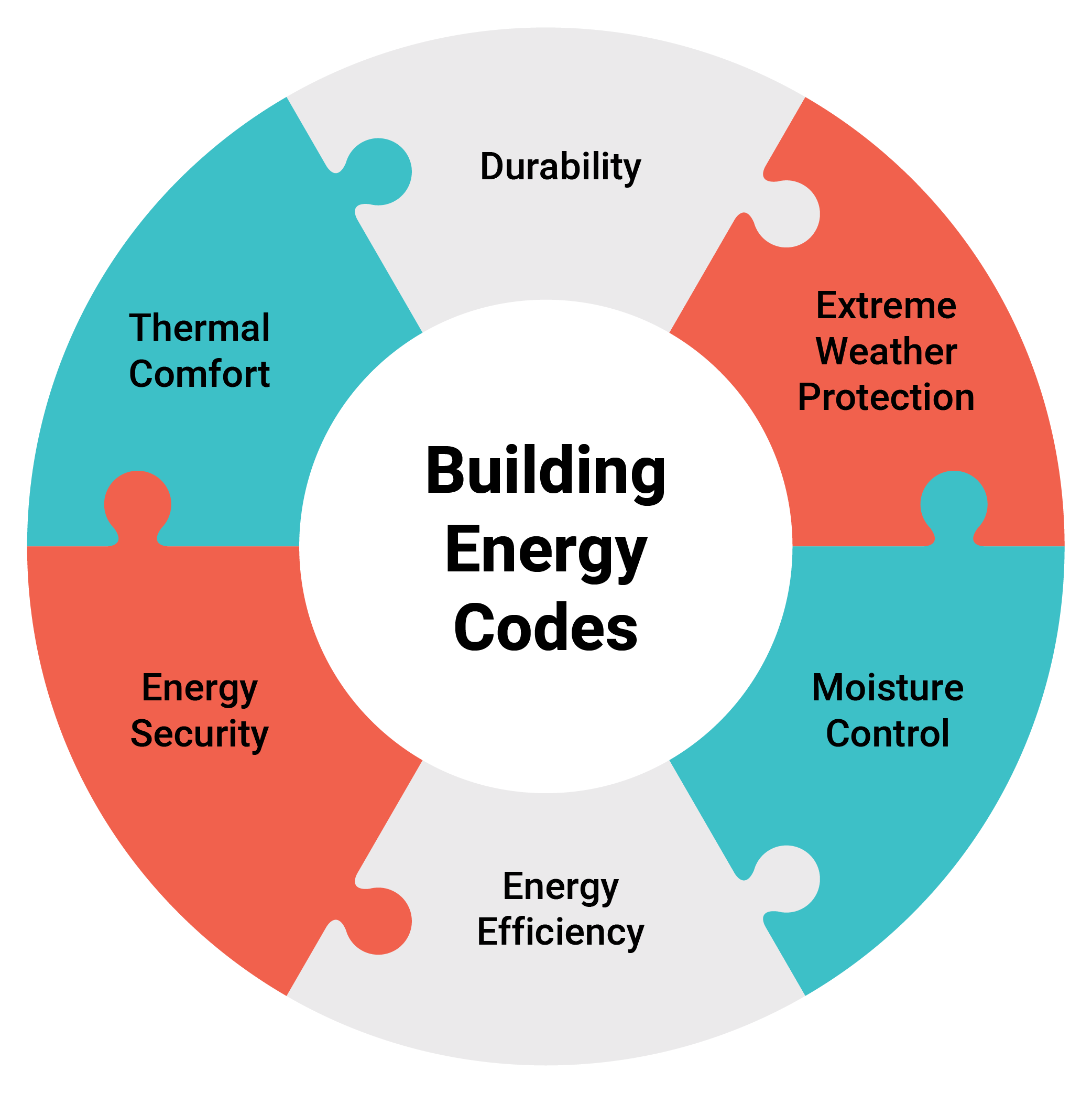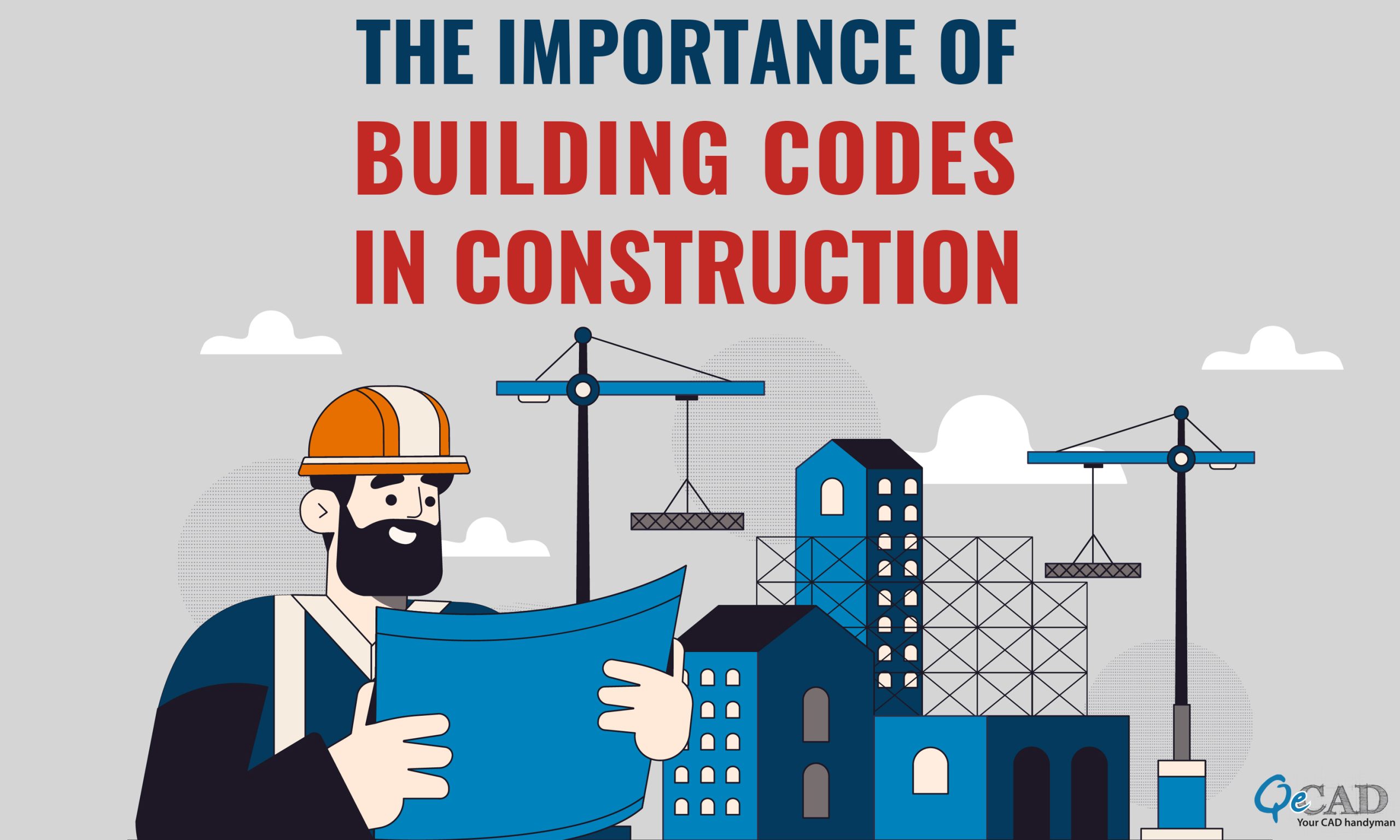18, Oct 2023
The 2025 Building Code: A Comprehensive Guide
The 2025 Building Code: A Comprehensive Guide
Related Articles: The 2025 Building Code: A Comprehensive Guide
- 2025 Toyota Camry LE: A Symphony Of Refinement And Efficiency
- When Is The 2025 Kia K5 Coming Out?
- Does The Marvels Take Place In 2025? Exploring The Timeline Of The MCU
- Class Of 2025: A Generation Poised To Shape The Future
- Colors Of The 2025 Volvo XC30: A Symphony Of Sophistication And Style
Introduction
With enthusiasm, let’s navigate through the intriguing topic related to The 2025 Building Code: A Comprehensive Guide. Let’s weave interesting information and offer fresh perspectives to the readers.
Table of Content
Video about The 2025 Building Code: A Comprehensive Guide
The 2025 Building Code: A Comprehensive Guide

Introduction
The International Code Council (ICC) publishes the International Building Code (IBC), which is a model code that sets minimum requirements for the design, construction, and alteration of buildings. The IBC is updated every three years, and the 2025 edition is expected to be released in 2024.
The 2025 IBC will include a number of significant changes from the 2021 edition, including:
- New requirements for energy efficiency: The 2025 IBC will require buildings to be more energy efficient than previous editions of the code. This will help to reduce greenhouse gas emissions and save energy costs for building owners and occupants.
- New requirements for accessibility: The 2025 IBC will include new requirements for accessibility, making it easier for people with disabilities to access and use buildings. These requirements will help to ensure that buildings are inclusive and welcoming for everyone.
- New requirements for fire safety: The 2025 IBC will include new requirements for fire safety, making it more difficult for fires to start and spread. These requirements will help to protect people and property from fires.
Energy Efficiency
The 2025 IBC will require buildings to be more energy efficient than previous editions of the code. This will help to reduce greenhouse gas emissions and save energy costs for building owners and occupants.
The new energy efficiency requirements will include:
- Increased insulation requirements: The 2025 IBC will require buildings to have more insulation than previous editions of the code. This will help to reduce heat loss in the winter and heat gain in the summer, saving energy and making buildings more comfortable.
- More efficient windows and doors: The 2025 IBC will require buildings to have more efficient windows and doors. This will help to reduce heat loss and heat gain, saving energy and making buildings more comfortable.
- More efficient lighting: The 2025 IBC will require buildings to have more efficient lighting. This will help to reduce energy consumption and save money on energy bills.
- More efficient appliances: The 2025 IBC will require buildings to have more efficient appliances. This will help to reduce energy consumption and save money on energy bills.
Accessibility
The 2025 IBC will include new requirements for accessibility, making it easier for people with disabilities to access and use buildings. These requirements will help to ensure that buildings are inclusive and welcoming for everyone.
The new accessibility requirements will include:
- Wider doorways: The 2025 IBC will require doorways to be wider than previous editions of the code. This will make it easier for people with wheelchairs and other mobility devices to enter and exit buildings.
- More accessible restrooms: The 2025 IBC will require restrooms to be more accessible for people with disabilities. This will include providing accessible stalls, sinks, and toilets.
- More accessible ramps and stairs: The 2025 IBC will require ramps and stairs to be more accessible for people with disabilities. This will include providing handrails and ramps with a gentle slope.
Fire Safety
The 2025 IBC will include new requirements for fire safety, making it more difficult for fires to start and spread. These requirements will help to protect people and property from fires.
The new fire safety requirements will include:
- More fire-resistant materials: The 2025 IBC will require buildings to be constructed with more fire-resistant materials. This will help to prevent fires from spreading and make it easier to evacuate buildings in the event of a fire.
- More smoke detectors and sprinklers: The 2025 IBC will require buildings to have more smoke detectors and sprinklers. This will help to detect fires early and prevent them from spreading.
- More fire escapes: The 2025 IBC will require buildings to have more fire escapes. This will make it easier for people to evacuate buildings in the event of a fire.
Other Changes
In addition to the changes listed above, the 2025 IBC will also include a number of other changes, including:
- New requirements for green buildings: The 2025 IBC will include new requirements for green buildings. These requirements will help to reduce the environmental impact of buildings and make them more sustainable.
- New requirements for disaster resilience: The 2025 IBC will include new requirements for disaster resilience. These requirements will help to make buildings more resistant to natural disasters such as earthquakes, hurricanes, and floods.
- New requirements for technology: The 2025 IBC will include new requirements for technology. These requirements will help to make buildings more technologically advanced and efficient.
Conclusion
The 2025 IBC is a major update to the International Building Code. It includes a number of significant changes that will make buildings more energy efficient, accessible, fire safe, and sustainable. These changes will help to create a better built environment for everyone.







Closure
Thus, we hope this article has provided valuable insights into The 2025 Building Code: A Comprehensive Guide. We thank you for taking the time to read this article. See you in our next article!
- 0
- By admin